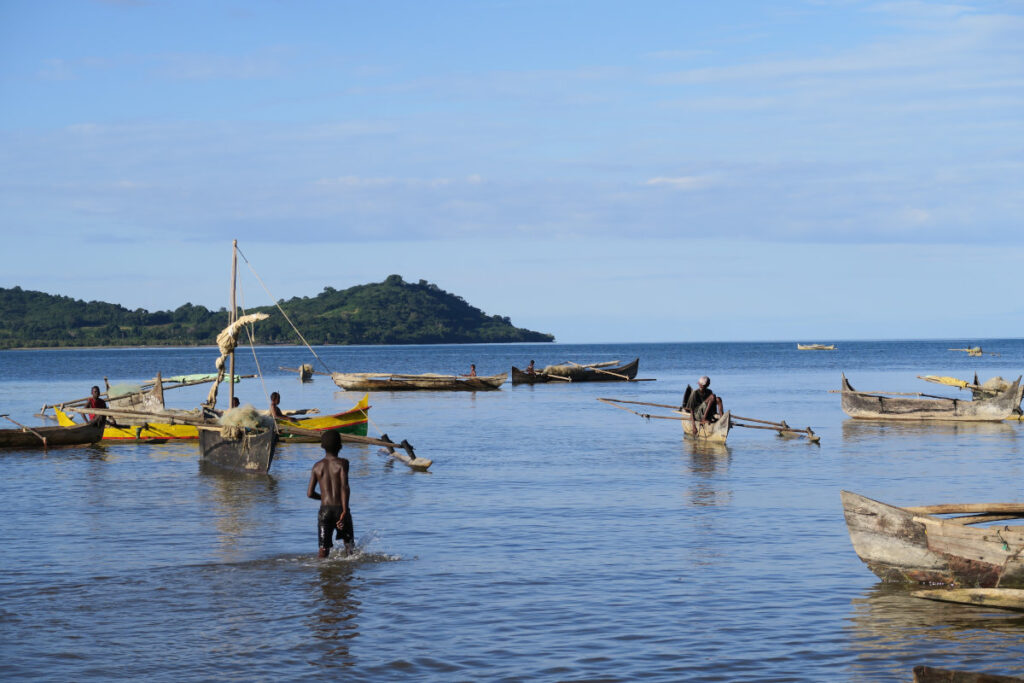Can the blue economy alleviate poverty and rural exodus in East Africa?
The University of Montpellier continues to shine on the international stage. David Mouillot, UM professor at the MARBEC (Marine Biodiversity Exploitation and Conservation) laboratory and senior member of the Institut Universitaire de France, has just been awarded an ERC Advanced Grant. This funding will enable him to conduct original, cross-disciplinary research assessing the potential of coastal marine resources to alleviate poverty and emigration in rural areas of East Africa affected by land aridification.

A project to alleviate poverty and rural exodus in East Africa affected by land degradation through the blue economy
The project is based on one main hypothesis: over the last three decades, which have been particularly marked by land desertification and natural disasters in East Africa, coastal and rural villages have been better able to mitigate poverty and emigration by developing a sustainable blue economy that provides alternative resources and livelihoods.
The blue economy is an economic concept referring to economic activities related to the oceans, seas, and their coasts. David Mouillot's study will combine satellite imagery, artificial intelligence algorithms, and statistical spatial matching methods, as well as multidisciplinary field surveys. The project will focus on three types of blue economy (marine protected areas, ecotourism, and aquaculture) and three countries (Madagascar, Tanzania, and Mozambique) where agricultural resources are threatened by climate change and where sustainable development issues are among the most critical globally.
The causal link between the establishment of a blue economy and the long-term dynamics of poverty and rural exodus remains uncharted territory in international research. The aim is to gain a better understanding of the extent to which coastal communities in East Africa have been able to adapt to the consequences of climate change on their land by diversifying their activities towards the sea. The results could generate new knowledge and local solutions to guide policy and investment in Africa (EU interventions, United Nations organizations, donors, non-governmental organizations).
"I see this ERC project as a springboard to more applied and operational projects in the field to test transformative solutions to demographic and environmental pressures," says David Mouillot.
An original and innovative contribution to this ERC
The European Research Council (ERC) funds exploratory research projects at the frontiers of knowledge in all fields of science and technology. It is an extremely competitive call for proposals, with scientific excellence as the sole criterion.
Professor David Mouillot's participation is mainly motivated, despite the very low success rate, by the prospect of long-term research (5 years). Even though the application process is arduous and the oral exam very stressful, the freedom of research and the financial support offered by the ERC will make it possible to explore the subject in greater depth, develop hypotheses, and in some cases test them.